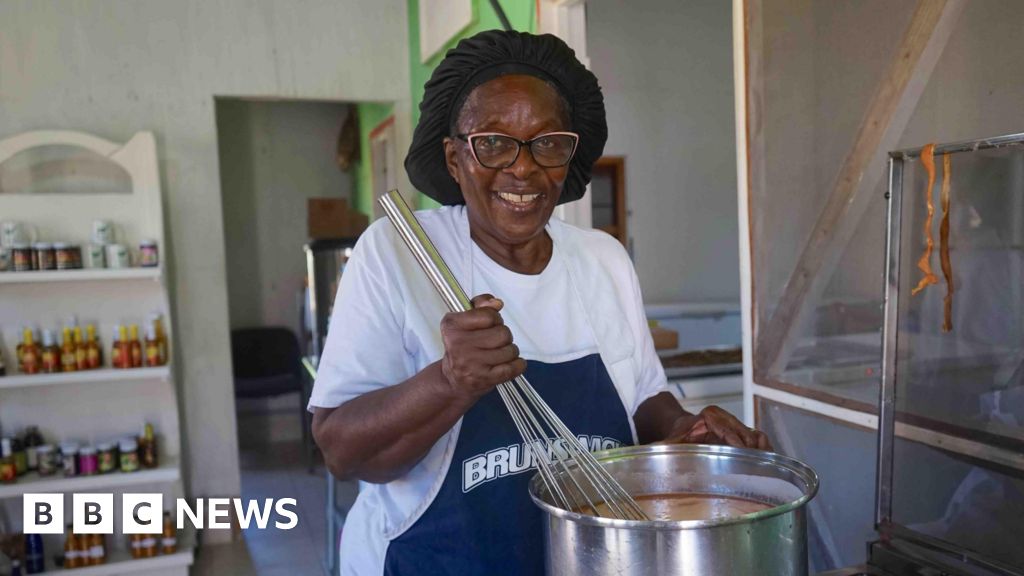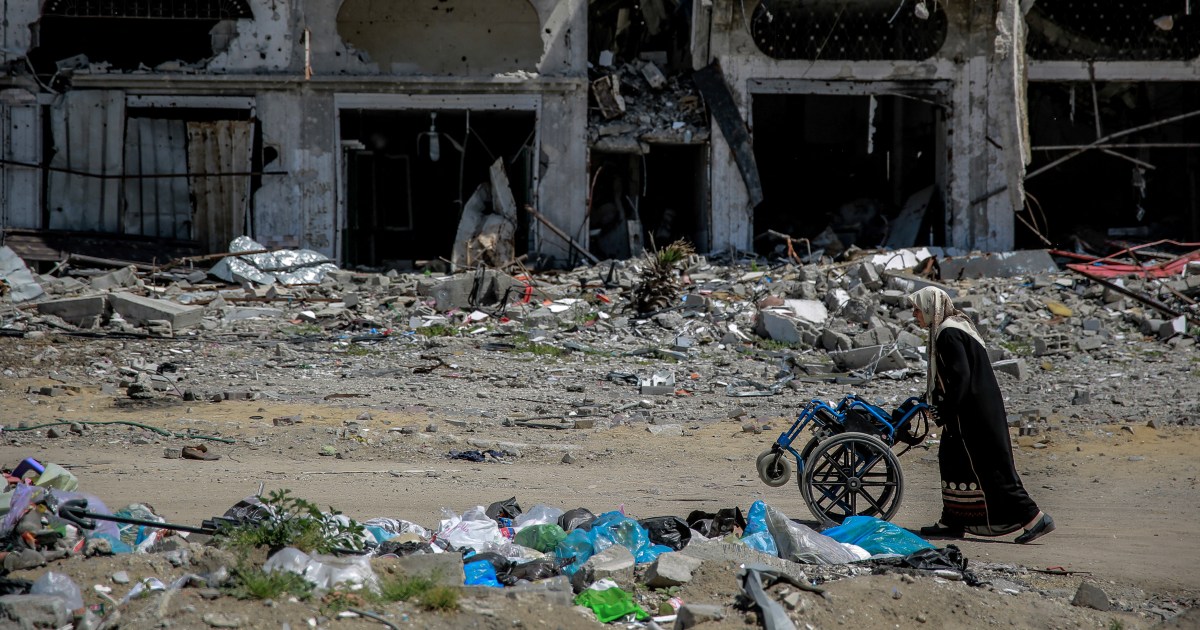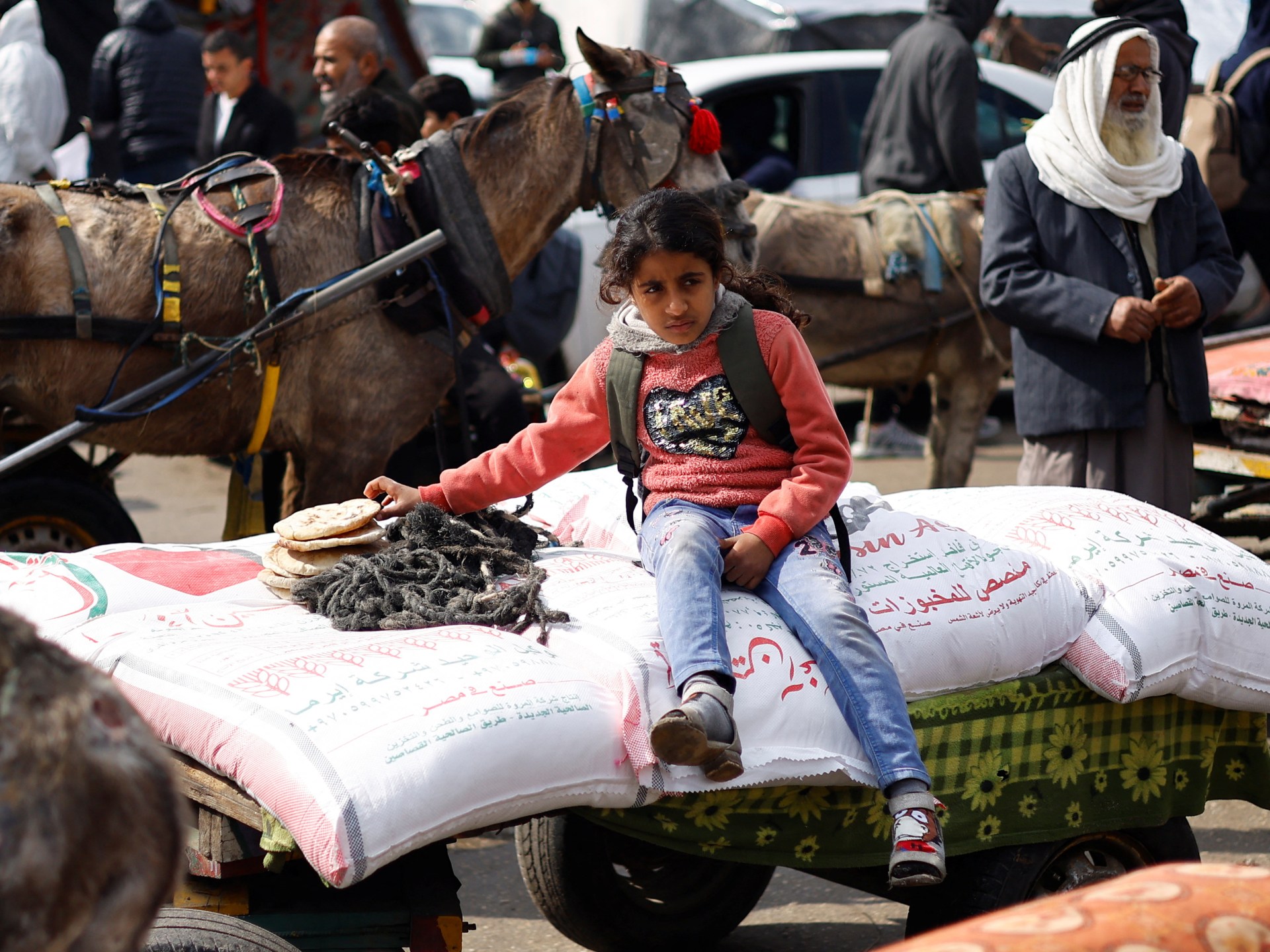Hundreds of thousands trafficked into online criminality across SE Asia — Global Issues
OHCHR said that at least 120,000 people across Myanmar and another 100,000 in Cambodia may be held in situations where they are forced to execute lucrative online scams – from illegal gambling to crypto fraud.
Other States including Lao PDR, the Philippines and Thailand have also been identified as main countries of destination or transit.
Victims, not criminals
“People who are coerced into working in these scamming operations endure inhumane treatment while being forced to carry out crimes,” said UN rights chief Volker Türk. “They are victims. They are not criminals,” he insisted.
The latest OHCHR report sheds new light on cybercrime scams that have become a major issue in Asia, with many workers trapped and forced to participate in scams targeting people over the internet.
The report notes workers face a range of serious human rights violations, and many have been subjected to abuses such as torture, arbitrary detention, sexual violence and forced labour.
Victims of such operations can be scammed an average of $160,000 each, often through sophisticated scripts sent via unregulated social media applications.
According OHCHR, these victims come from across the ASEAN region as well as mainland China, Hong Kong and Taiwan, South Asia and even further afield from Africa and Latin America.
Mr. Türk called on States to ensure justice “for the people who have been so horrifically abused.”
Noticeable trends
Speaking in Geneva, Pia Oberoi, OHCHR’s Senior Advisor on Migration and Human Rights in Asia Pacific, said ongoing regional “economic distress” paired with the COVID-19 pandemic has meant there is a lack of regular and safe pathways towards decent work opportunities.
“This has meant populations are more likely to rely on recruitment forums or intermediaries,” so criminal gangs are increasingly targeting individuals through these platforms, suggesting victims are destined for real jobs.
“There weren’t red flags being raised” – particularly for the more educated, multilingual young men who the report notes are frequent victims.
“It follows a pattern of how labour migration has taken place in the region, and also speaks to the sophistication of these fraudulent recruitments,” added Ms. Oberoi.
Weak regulations
According to OHCHR, the COVID-19 pandemic and associated response measures had a drastic impact on illicit activities across the region – with increased virtual work and the movement of business to less regulated spaces.
Ms. Oberoi said the situation is “unfolding in locations where regulation is weak,” such as conflict affected border areas in Myanmar, “with little to no rule of law” and in “laxly regulated jurisdictions such as special economic zones in Laos PDR and Cambodia.”
Describing the trends across the region, she added that the ability of ASEAN nationals to travel across borders without a visa, also means there is a “lack of protection sensitive screening”, as officials don’t always have the training to “identify protection sensitive responses.”
Justice for victims
Although there are several regional legal frameworks to prosecute such crimes, OHCHR said there is a lack of implementation by States and often forced criminality is not seen as a legal violation.
Even when victims are rescued or escape, rather than being protected and given access to the rehabilitation and remedy they need, they are often subjected to criminal prosecution or immigration penalties, OHCHR said.
“All affected States need to summon the political will to strengthen human rights and improve governance and the rule of law, including through serious and sustained efforts to tackle corruption,” said Mr. Türk.
“Only such a holistic approach can break the cycle of impunity and ensure protection and justice for the people who have been so horrifically abused.”
Check out our Latest News and Follow us at Facebook
Original Source







